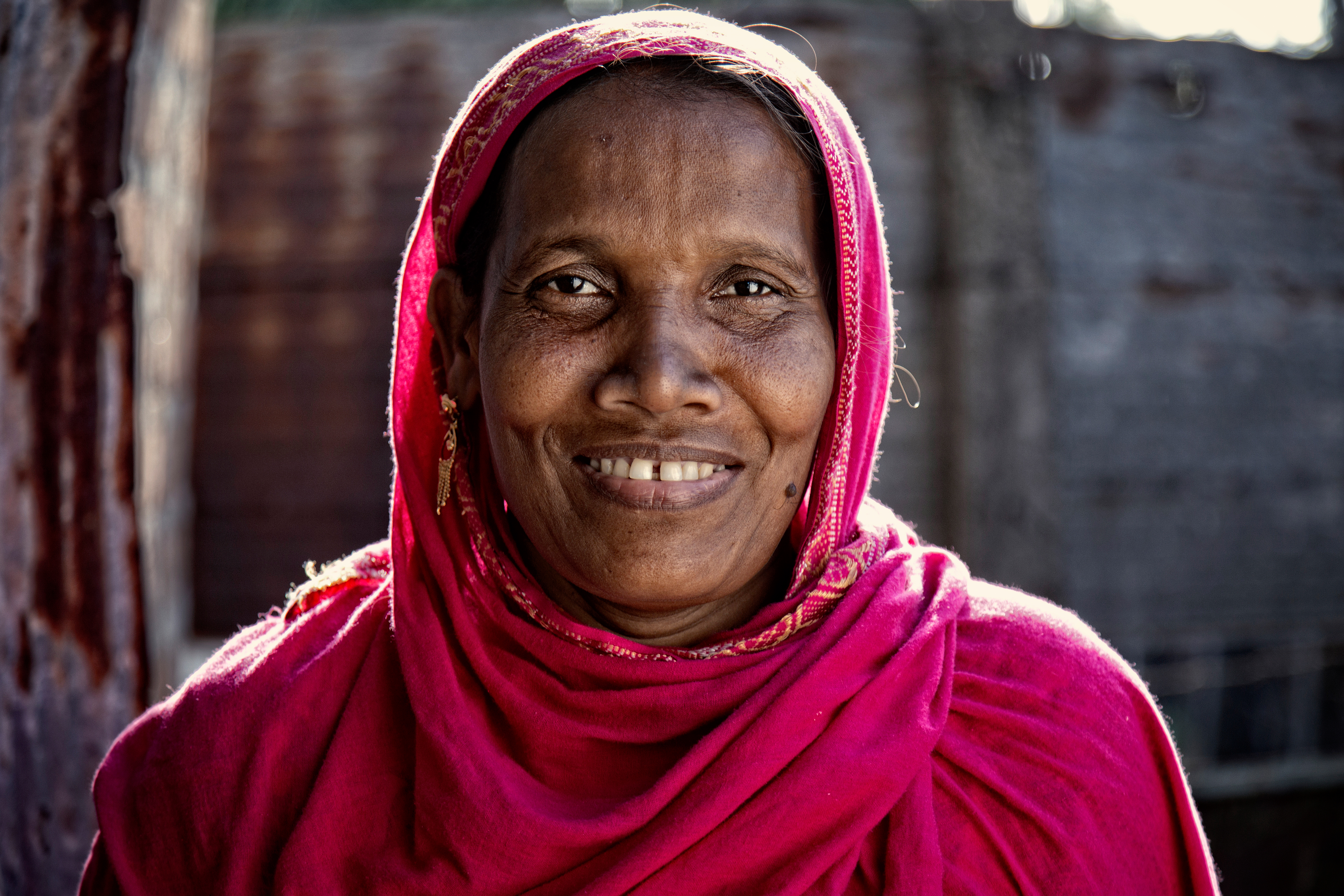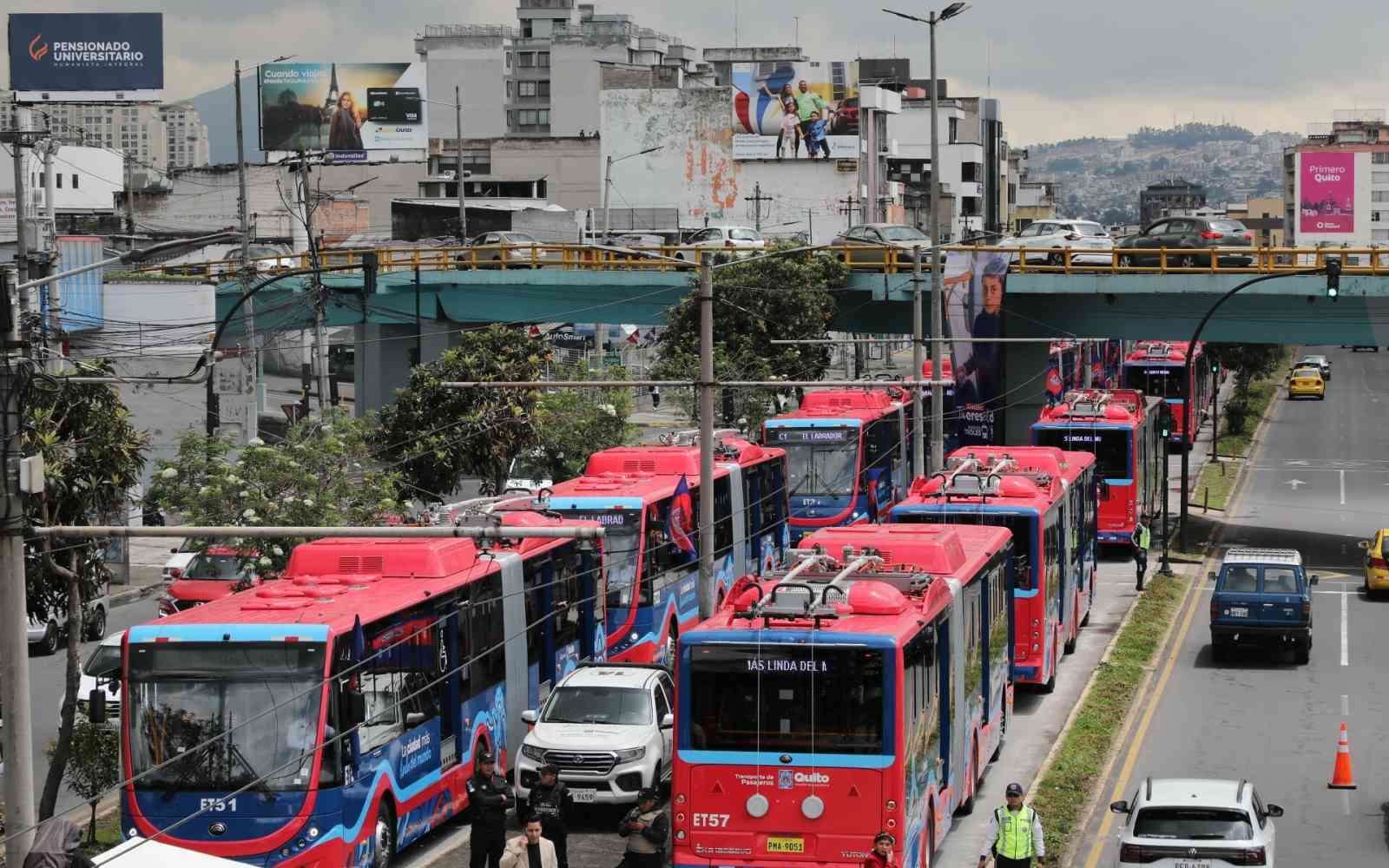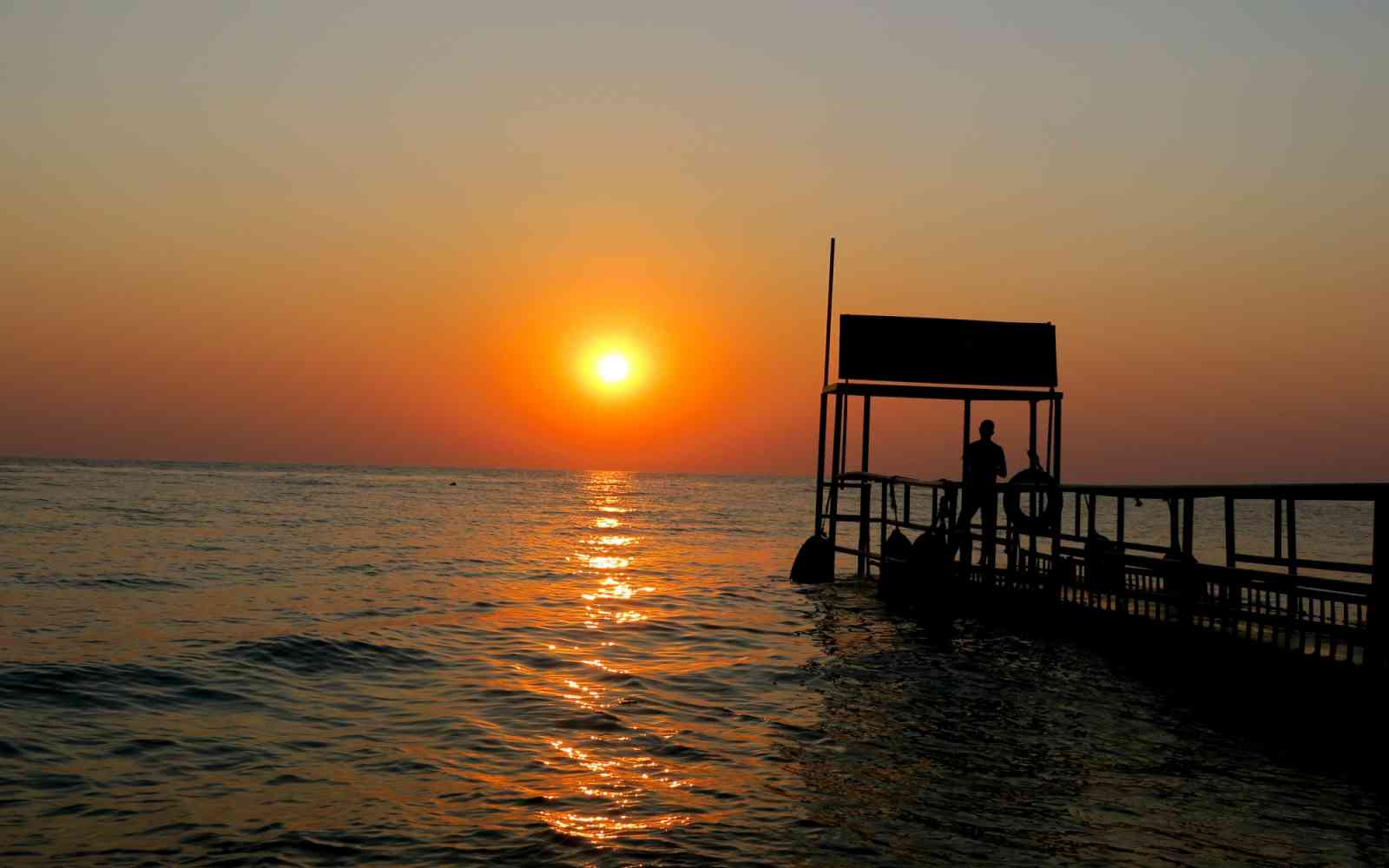The United Nations Office for Project Services (UNOPS)

To clean our oceans, fight land pollution
Global efforts have focused on cleaning the world’s oceans. To ensure real, long-term impact, we must tackle the problem of marine litter at its source.
This Insights article was originally published in Le Soir.
We continue to treat oceans, rivers, streams and other water resources as little more than a dumping ground for our waste.
We think there’s plenty of room for our trash. We assume that we can continue to increase our consumption and simply dump the rapidly rising amount of excess waste without consequences. But we simply can’t.
The effect of water pollution is far-reaching. Polluted marine waters threaten the livelihoods of millions of people who depend on the world’s oceans for their jobs. Polluted freshwater affects human health and forces people to look for new, unpolluted sources of food. The struggle to find clean water – and the fight to hold on to such a precious, dwindling resource – can ultimately threaten peace.
The fight against water pollution must become a top priority for all of us. And to do that, we can’t just focus on cleaning. We must stop the pollution at its source: On land.
Land-based trash often ends up in our streams, rivers and lakes – and ultimately the world’s oceans. About 80 per cent of the pollution found in marine environments comes from land-based activities. It’s critical to stop more trash from flowing into oceans.
Improper waste management is not just a development issue. It’s a global threat that goes hand-in-hand with protecting the environment.
In many countries, waste management systems still don’t function properly. Trash is simply dumped in forests, on unused land or in streams and lagoons. Sometimes trash ends up in basic dumpsites and poorly designed landfills, where it decomposes and leaks liquids into the ground and groundwater. Winds, rain and river currents transport trash further into oceans.
An integrated waste management system is the best way to keep land-based waste from entering waterways in the first place. Although seemingly simple and straightforward, this approach requires identifying the most adequate technological, institutional and financial models, adapted to local contexts.
This means taking into account the type and volume of waste, existing and potential financial sources for supporting the services, as well as cultural and environmental considerations. All individual, community and institutional stakeholders must be actively involved in the process, to ensure that the solution meets local needs, is adequately financed and is sustainable in the long term.
In Sri Lanka, for example, coastal areas, beaches and lagoons are particularly vulnerable to inland trash ending up on the country’s shores and trash returning from the sea. Plastic debris and discarded fishing nets choke coral reefs and mangrove areas. Garbage blocks drains, contributing to increased urban flooding during monsoon season. Livestock and other animals ingest various types of garbage, including plastics that block their digestive systems, causing them to slowly starve to death.
UNOPS – in partnership with the European Union – worked with communities, local authorities and national authorities in Sri Lanka to develop sustainable waste disposal solutions that wouldn’t harm the environment.
Responsibility for each phase of waste management (collecting, transporting, sorting, recycling, composting, waste-to-energy production and disposal) was carefully allocated to relevant stakeholders. Truck collection routes and maintenance schedules were developed, staffing needs were planned, load impact on roads was analyzed and operation plans for landfills were formulated.
We partnered with a mobile service provider to establish a tracking system, monitor the waste collection fleet and improve the overall efficiency of the collection process. Extensive work on sewerage and drainage networks complemented the project.
Efforts like the ones implemented in Sri Lanka need to be encouraged and sustained around the world until they are solidly rooted in the routine of institutions, communities and people – to ensure our world is a healthier and cleaner place to live for the generations to come.
Françoise Jacob
Françoise Jacob is the former Director for UNOPS in Brussels and Representative to the European Union institutions and Member States. As a passionate environmentalist, she’s a strong supporter of safeguarding our planet and the world’s oceans.















